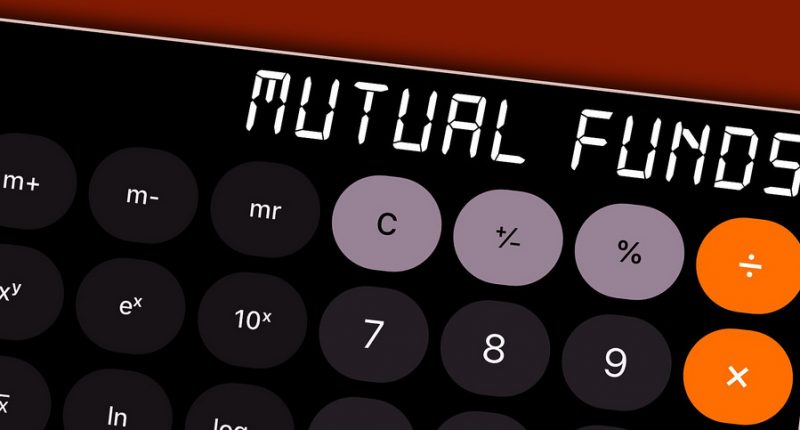Do you want to diversify your investments? Are you looking at a steady return while managing risk in your portfolio? You may consider investing in multi-asset funds. It is a mutual fund that invests your money across multiple asset classes such as equities, debt, gold and international equities. You may diversify your portfolio across asset classes to mitigate risk and earn steady returns across market cycles. Should you invest in multi-asset funds?
What are multi-asset funds?
Multi-asset funds are hybrid mutual fund schemes that invest the corpus in varied asset classes such as equities, debt, commodities and even International equities. According to SEBI rules, it invests in a minimum of three asset classes with at least a minimum allocation of 10% each in all three asset classes.
You have the multi-asset fund manager looking to minimise portfolio volatility while improving the investors’ risk-adjusted return. Studies have shown that one particular asset class cannot outperform all other asset classes all the time. There isn’t a single asset class that has performed well in all the years.
For example, equities may have topped the return charts in one particular year, and gold may have outperformed other asset classes at a different time.
Should you invest in multi-asset funds?
If you invest in a mutual fund that spreads your investment across multiple asset classes, it protects you against the failure of one asset class. For instance, if equity investments are underperforming, the portfolio’s debt component could make up for it.
Moreover, if both equity and debt are not doing well, then probably the gold portion of the portfolio may come to the rescue.
- You may invest in multi-asset funds if you have a time horizon of five to seven years. It helps if you check your investment objectives and risk appetite before investing in the fund.
- You can invest in multi-asset funds for steady returns over time. It is a safer investment than pure equity funds. You may invest in these funds if you seek equity exposure along with the safety of fixed income in your portfolio.
- You may consider investing in multi-asset funds if you seek a dynamically managed portfolio. The fund manager quickly adapts to the markets looking for growth opportunities in an ever-changing environment.
One of the critical benefits of multi-asset funds is portfolio rebalancing in a tax-efficient manner. The fund manager focuses on automatic disciplined rebalancing to mitigate risk and ensure a steady return.
How to pick the right multi-asset fund?
You may consider choosing a multi-asset fund from an asset management company (AMC) with significant assets under management (AUM). It could bear sudden redemption pressure by substantial investors.
You must check the mutual fund house’s track record and the fund manager’s investment style before investing in the multi-asset fund. It is vital as the fund manager takes the call when it comes to the proper asset allocation.
You have multi-asset funds taxed similar to equity or debt funds depending on the equity allocation. For example, you have a multi-asset fund that invests at least 65% in equity and equity-related instruments, taxed as an equity-oriented fund. However, irrespective of whether they are equity or debt-oriented, multi-asset funds are still tax-efficient compared to bank fixed deposits.
You may invest in multi-asset funds only if you can stay with the investment for the long term. It is less risky than most hybrid funds as it invests in a minimum of three asset classes. Moreover, it also invests in International equities that are negatively correlated with the Indian stock market. In simple terms, International equities can protect your investment against the volatility of India’s stock markets. In a nutshell, you may stay with multi-asset funds if it matches your investment objectives and risk tolerance to earn a steady return over time.
For any clarifications/feedback on the topic, please contact the writer at cleyon.dsouza@cleartax.in

I write to make complicated financial topics, simple. Writing is my passion and I believe if you find the right words, it’s simple.





